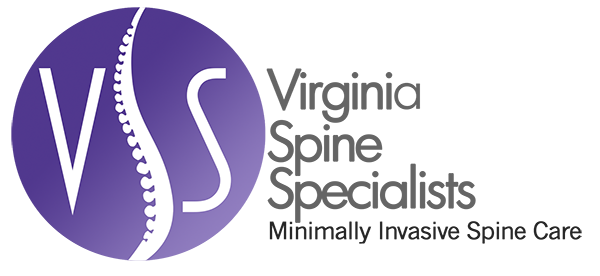Minimally Invasive Procedure: Microdisectomy
“Dr. Sharma was one of the first Neurosurgeons in Northern Virginia to perform a minimally invasive microdisectomy and decompression. Using a band aid incision and minimal dissection, he is able to remove herniated discs in an outpatient procedure. He is also among very few spine surgeons around the world who use the endoscopic technique for disc removals.”
We’ve talked in the past about the different ways an invertebrate disc can become herniated, mainly through repetitive bending and twisting or trauma. Most disc ruptures resolve gradually without surgical intervention, but certain cases may warrant immediate surgical attention. The reasons can include major loss of mobility, bowel or bladder function, with the most common reason being extreme pain that hasn’t been alleviated through non-invasive measures.
The procedure itself is performed with a patient positioned on a special frame in a flexed posture, to allow the vertebrae widen as needed. The physician will make a small one-half inch incision is over the herniated disc before inserting a needle onto the spine. Specialized tools are used to spread the muscle tissue rather than cut it, reducing surgery and recovery time. Using these tools and a microscope, the surgeon will begin to trim a small amount of bone from the lamina to create a space between the two vertebrae and lessen the pain.
Microdisectomies are most effective at treating the radiating pain that occurs often in the buttocks or legs. While this pain can be treated without surgical intervention, a microdisectomy will offer the fastest and most effective healing times. This procedure has 85 to 95 percent success rate in relieving pain in the aforementioned regions. Alleviation will typically come immediately following the procedure, although it may take up to six to eight weeks for complete relief. Even with a completely successful surgery, there’s still a chance for some residual tingling, which should be fairly tolerable.
As always, these articles are meant for general education and are not intended to diagnose, prevent or treat a specific disease. Please see Dr. Sharma for questions regarding the specific treatment of your symptoms.”

Categories
Archives
Contact Dr. Mudit Sharma
Phone: (571) 921-4877
Toll Free: (855) 774-6334
Monday – Thursday: 8am – 4pm
Friday: 8am – 2pm
Fredericksburg
4604 Spotsylvania Parkway, Suite 300 Fredericksburg, VA 22408
Manassas
8650 Sudley Road, Suite 315
Manassas, VA 20110-4418
